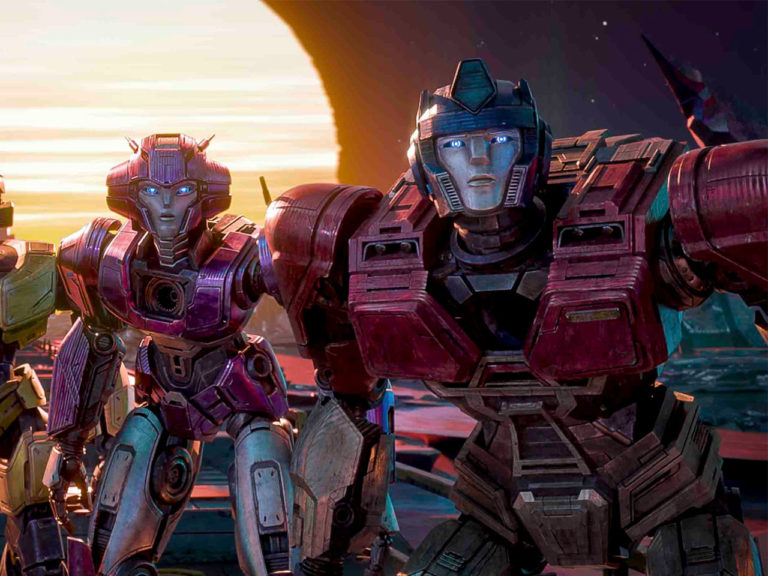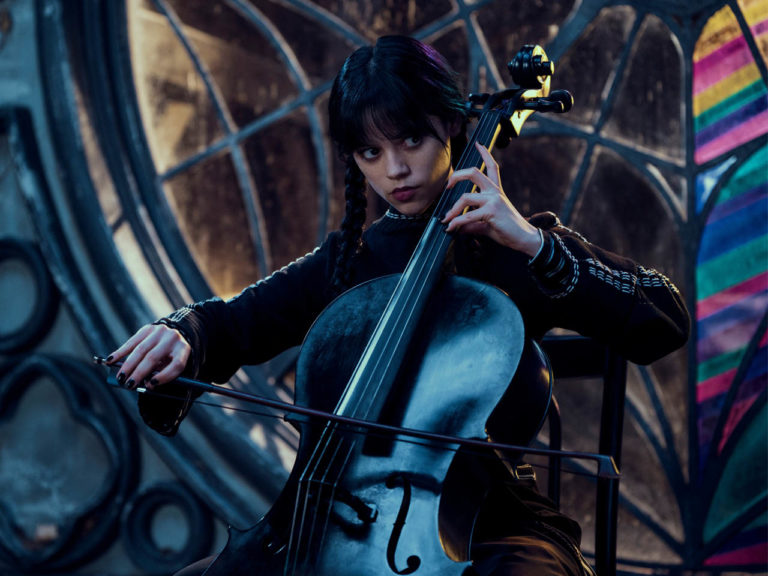
If you’re looking for a traditional comic book featuring good guys merrily punching bad guys in the face, Titans is often the right place to look. Issue #27, on the other hand, foregoes action in favour of a downbeat story dealing with the recent tragedies that have befallen the team.
The events in question have taken place elsewhere; Roy and Wally died in Heroes in Crisis #1 and Dick was shot in the head in Batman #55, so anyone reading Titans in isolation might be a little confused, let alone a casual reader flicking through the trade of this arc sometime in the future. At the beginning of Titans #27, it’s established that Tyler Baines (the guy the team encountered in issue#23) may also be facing death, which brings out both the best and the worst in the team. Grief notoriously affects people in different ways and that’s impressively evident here; Garfield tries to escape his sorrow by doing everything he can for Tyler, while Donna swings from behaving like a asshole to being the mature voice of reason.
In this issue, Abnett has the team relating to each other on an emotional level, dealing with the consequences of their previous adventures and dwelling on their mortality and their legacy. It’s an opportunity to build relationships within the Titans (which is essential if we’re to care about this new team) and maybe even shed light on an important aspect of real life.
Somehow, though, Titans #27 leaves me cold. I think it’s because these characters still don’t connect with each other in a meaningful way, mostly because they don’t have history together. Let’s imagine Dick (pre-Batman #55) and Barbara were similarly heartbroken. Their conversations would have more emotional weight because they know each other well and can use their understanding of one another’s experiences and thought processes to offer appropriate support and advice (maybe that’s Abnett’s point; the Titans can’t look after each other as proficiently, which adds an extra layer of tragedy). Garfield is emotional, M’gann is calm and Raven has still done nothing about her soul-self but beyond that, the interactions here are also pretty generic. Add to this that Tyler is merely an unconscious plot device, no-one mentions Wally, and that Donna acknowledges that superheroes never stay dead, and you’re left with a rather damp squib.
Titans Special #1 showed us that Nightwing is the team’s foundation and Abnett craftily uses this to add further drama to the issue; without him, they’re coming apart at the seams. However, given that the team have already had a rough time lately (particularly in issue #26), breaking them down even more feels excessive. We’re six issues into the new direction and there’s still no light at the end of the tunnel for this team. If they don’t reach a turning point soon, the readers’ patience is going to wear out.
- In issue #17, Troia prophesised the deaths of Roy and Wally (though not by the same means suggested in Heroes in Crisis). Donna has been increasingly bitter and angry lately and now she’s bereaved as well; does all this mean she will become Troia, after all?
- Issue #27 deals with an ethical conundrum: if someone is dying, should you try everything you can to save them? The team decide to go ahead with their experiment on Tyler but even though they’ve been advised he has hours to live, this may not be the case; they could be wrong. The experiment is also dangerous; if one of the team were killed in the process of saving Tyler, would they still consider it the right thing to do? In the eyes of Tyler’s family, assuming he has one, did the Titans just steal a guy from hospital and murder him? Although I agreed with the Titans’ decision in this issue, I love it when writers give us a philosophically ambiguous situation to chew on.
- I was also impressed that Abnett allowed Tyler to die. It’s a downer but it’s also bold and surprising after Garfield built the experiment up as the team’s potential redemption.
- In my review for Titans Special #1, I expressed my hope that old members of the Titans would return, stating that the larger the cast, the more stories you can tell. Well, the cast has shrunk since then but at least Garth is showing up in issue #28!

This is definitely a book you can judge by it’s cover. While most artists took the foil covers as an opportunity to create a poster-worthy hero shot, Clayton Henry decided to make his all about the possible doom of Tyler Baines. This bothers me because I’d like to have seen a cool image of the team in action (a moment of cheer amid all the misery they’re going through) and because they’re despairing over the fate of a stranger instead of their fallen comrades.

Things aren’t much better within; Peeples continues to give us the constant feeling of being myopic by adding distinction to the few characters in the foreground, while populating much of the book with distant, featureless shapes that are supposed to be the Titans. Sometimes there is no background, at others it’s boxy and clinical – which makes the hospital Tyler is being treated in difficult to differentiate from the Titans’ clean, grey rooms at the Hall of Justice – and sometimes it looks as though an inappropriate explosion is happening, as with the scene above (Plascencia does help us with the aforementioned differentiation by adding a subtle green tinge to the hospital scenes). We do get a break from this when Garfield and Natasha have a discussion on the roof of the Hall of Justice, a much more interesting setting to look at. I also liked that as the book primarily deals with conversations, Peeples frequently gives the reader a point-of-view perspective, making us feel as if we are involved in the scene. The best part of the issue is the silent opening in which Donna visits Roy’s grave; it’s classy, restrained work from Abnett and Peeples, which is much more effective than a busy, melodramatic soliloquy from the heroine (for the masterclass on silence in a superhero comic, see 2013’s Batman & Robin #18).

Recommended if:
- You’re looking for a dialogue-heavy read to break up all the action happening elsewhere.
- You’re curious to see how Heroes in Crisis and Batman #57 have affected the team.
- You’re bored of being in a good mood.
Overall: Although it’s important for getting the characters caught up with events happening in the wider DC Universe, Titans #27 is not an entertaining issue you’ll be revisiting for pleasure. This melancholy break will read better when collected with the rest of the series but will still feel forced and lacking in the emotional impact it could have had.
SCORE: 4.5/10


